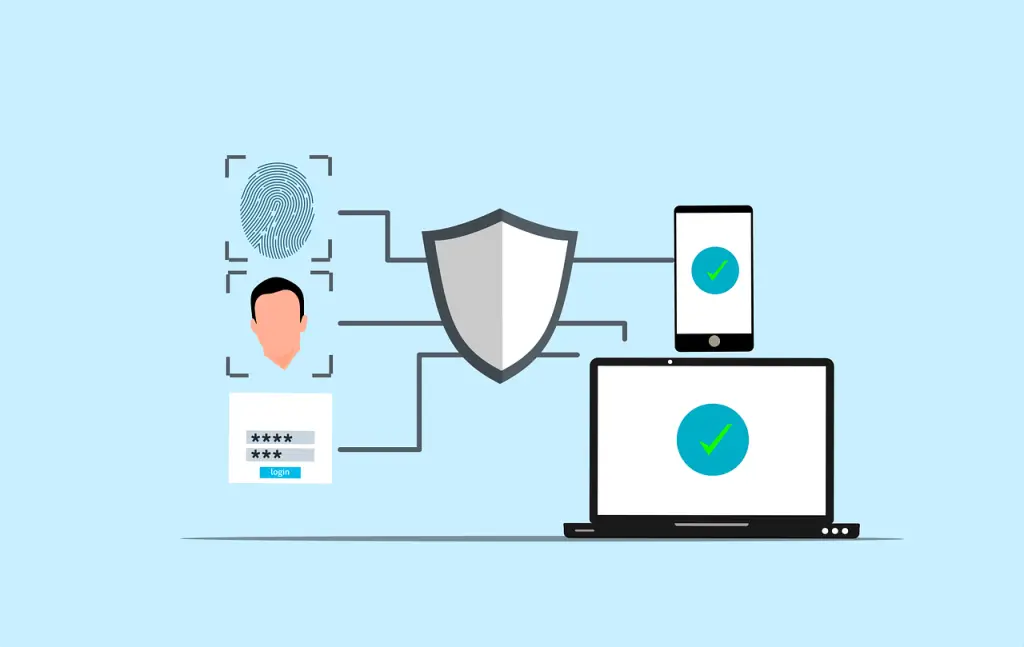
Analysts at Zimperium have published a new study warning of the sharply escalating security risks associated with rooted mobile devices. Despite a general decline in the prevalence of such devices, their inherent vulnerability remains alarmingly high—posing threats not only to individual users but also to enterprises that permit employees to access corporate data on personal smartphones.
Over the course of a year-long observation, it was found that rooted devices are 3.5 times more likely to be infected with malware compared to their non-rooted counterparts. The incidence of compromised app installations is twelve times higher. System integrity violations were recorded 250 times more frequently, while file system compromise occurred a staggering 3,000 times more often.
Android devices are particularly susceptible, as gaining root access is technically easier on this platform. According to the report, 0.24% of Android devices were found to be rooted, whereas only 0.04% of iOS devices were jailbroken. Moreover, Apple strictly prohibits the installation of apps outside the App Store in the United States without jailbreaking, whereas Android officially supports the installation of APK files from third-party sources.
Yet it is precisely this flexibility that becomes a critical security vulnerability. Users with root access often bypass Android’s Play Integrity protections or similar verification systems, installing potentially malicious applications. As a result, the entire device may become compromised, including access to system-level files and sensitive data.
Zimperium experts emphasize that such privileges allow for deep interference with the operating system, including the removal of manufacturer-imposed restrictions and the activation of functions inaccessible to standard users. However, this freedom frequently comes at the cost of significant security flaws.
Among the most commonly used tools for rooting Android devices are Magisk, APatch, and KernelSU. iPhone users typically rely on utilities such as Dopamine, Checkra1n, and Roothide. These tools, however, suffer from limited compatibility and are increasingly being thwarted by manufacturers and security systems that have become adept at detecting system modifications.
Zimperium reminds that many strains of malware incorporate rootkit deployment as part of their attack chain, thereby gaining full control over the device. A compromised smartphone of this nature may serve as an entry point into corporate infrastructure—particularly perilous in the context of remote work.
The company urges enterprises to reevaluate their mobile device security policies and implement robust threat detection tools. Amid the rising tide of cybercriminal activity, the exclusion of rooted and jailbroken devices from enterprise environments is no longer a suggestion—it is an imperative.


